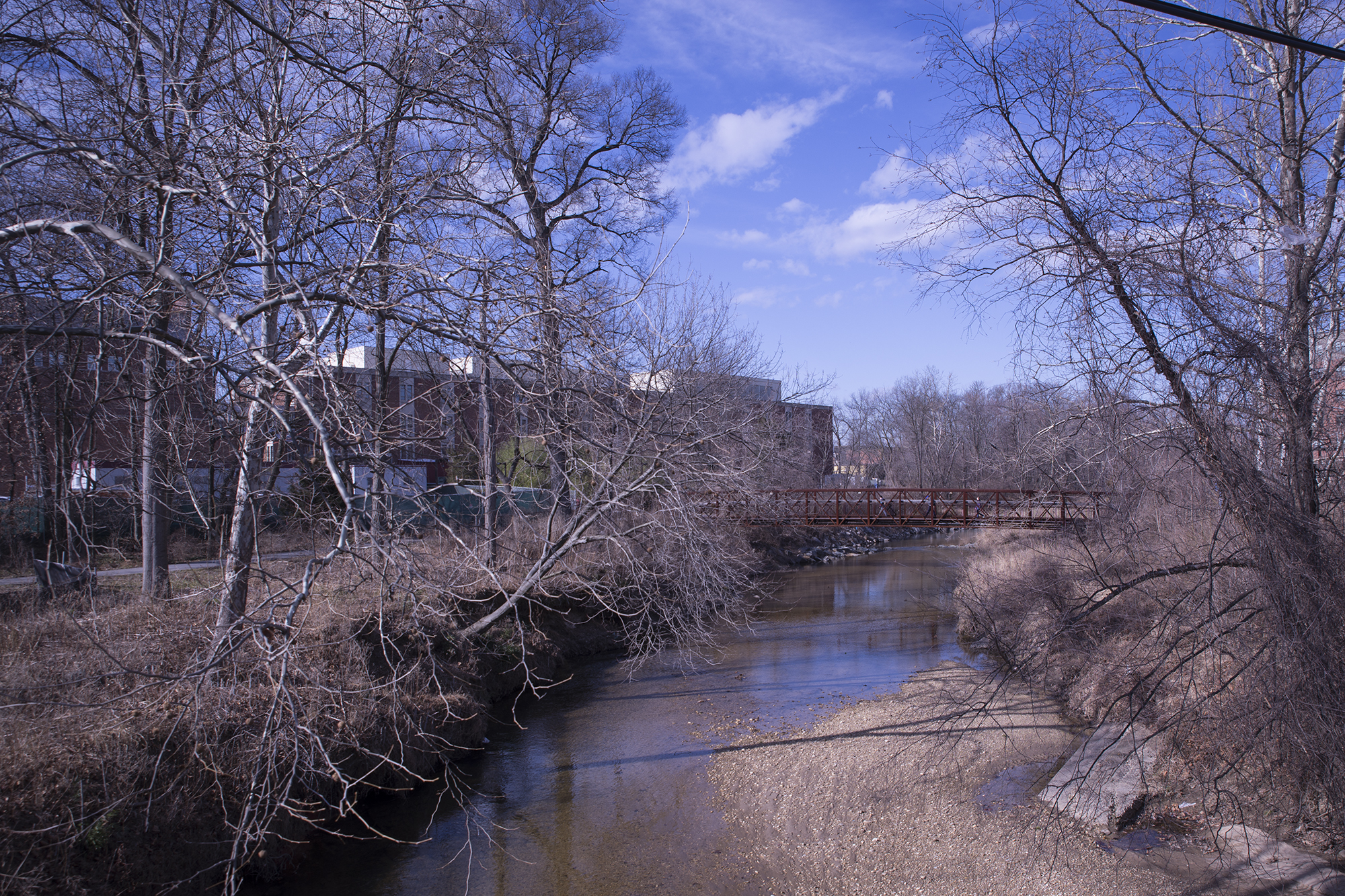Municipalities have finalized a set of fifty projects designed to help sustainability efforts in the community around the University of Maryland.
University students, staff and faculty will collaborate on the projects in five local areas — College Park, University Park, Hyattsville, Riverdale Park and Prince George’s County — with 10 projects taking place in each area.
Former College Park Mayor Andy Fellows launched the projects after speaking with city council members, mayors and some residents about what issues they would be interested in addressing.
[Read more: College Park’s 2020 vision stresses development, unity, sustainability]
“It would benefit the university to gain knowledge of the local community,” Fellows said. “People [at this university] don’t know where the boundaries of College Park and other municipalities are. It’s part of President Loh’s mission to create a really great college town.”
In College Park, Fellows said, one project is already underway. Students, as part of a capstone project, completed a cleanup day removing invasive plants at the Sentinel Swamp Sanctuary near the College Park Metro in fall 2015. The class presented its results to the College Park City Council at the end of its 2015 clean-up and will also participate in Good Neighbor Day in April.
Fellows said many of the areas have no waste projects involving increases in recycling, composting and beginning anti-litter campaigns, and some municipalities have collaborative projects to address stream management in the county.
University Park’s projects will focus on improving stormwater management and water quality in Wells Run and Guilford Run streams, said Len Carey, University Park mayor.
[Read more: College Park’s Good Neighbor Day could see doubled attendance this year]
“Working on these projects makes us a much smarter and more resilient community,” Carey said.
Adria Schwarber, academic affairs vice president of the Graduate Student Government, started a graduate student advocacy group in February that would look into working on the projects. The group aims to join Fellows on some of the projects.
She said Fellows’ 50 projects sparked the idea for the group, which plans to advocate for science funding in Prince Georges’ County schools and research sustainability projects in the local community.
The projects can be a way for students, faculty and staff of this university to apply their research at the local level, Fellows said.
“This university has an extraordinary intellectual capacity, and we could apply research locally,” Fellows said. “Sustainability is an important factor [in these projects], and resiliency.”



